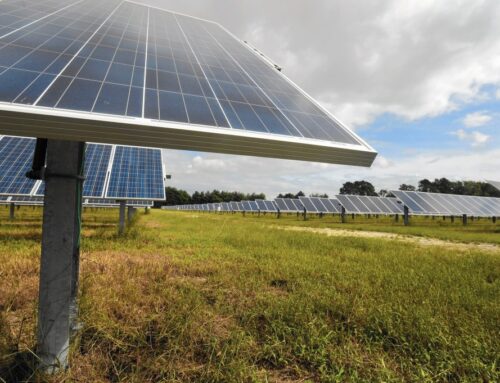Environmental Devastation in Palestine: Systematic Destruction
November 6, 2025
On the International Day for Preventing the Exploitation of the Environment in Armed Conflict, the Palestinian Environment Quality Authority issued a stark warning: the environmental situation in Palestine has reached an unprecedented level of danger due to systematic destruction by Israeli occupation forces and accelerating climate change—despite Palestine contributing less than 0.01% of global emissions.
In its official statement, the Authority emphasized that the Palestinian environment is doubly punished—first by the global climate crisis, and second by the deliberate policies of environmental destruction carried out by the Israeli occupation.
These violations, documented by international institutions, demand the urgent activation of legal mechanisms to protect the environment during armed conflict and the enforcement of treaties banning ecologically destructive weapons.
Gaza: Environmental Genocide
The Authority revealed that the genocide in Gaza has generated approximately 60 million tons of rubble, alongside an estimated 100,000 tons of explosives—with a destructive capacity equivalent to nine nuclear bombs.
This has obliterated ecosystems and infrastructure, including water, sewage, solid waste, and energy systems, while contaminating the sea, soil, and air. The long-term environmental consequences are expected to persist for decades.
Efforts are underway to integrate environmental and climate concerns into Gaza’s recovery and reconstruction plans. These include comprehensive damage assessments, soil and water remediation, and the development of a national framework for ecosystem rehabilitation, supported by international partners.
West Bank: Colonizer Expansion and Ecological Collapse
In the occupied West Bank, Israeli forces and colonizers continue to raze agricultural lands, expand illegal colonies, and conduct military exercises in nature reserves—causing soil degradation, air and water pollution, and depletion of groundwater.
Israeli colonizers consume water at 13 times the rate of Palestinian residents, while the occupation controls all aquifers, including the Western Basin, which holds 750 million cubic meters annually, threatening food security.
Northern West Bank areas, especially refugee camps in Jenin and Tulkarem, have suffered repeated invasions that destroyed environmental infrastructure such as sewage, water, and road networks—exacerbating pollution and harming public health.
Israeli colonies discharge 40 million cubic meters of untreated domestic and industrial wastewater annually into Palestinian lands, contaminating water sources and ecosystems.
They also emit 6 million tons of carbon dioxide equivalent, exceeding the combined emissions of Palestinians in the West Bank and Gaza by 140%, further worsening climate impacts.
Colonies and Land Seizures
Since October 7, 2023, Israeli colonizers have established 114 new outposts across the West Bank—an unprecedented surge that has forcibly displaced 33 Bedouin communities, comprising 455 families and 2,853 individuals.
The Israeli state has seized 55,000 dunams of Palestinian land, including:
- 20,000 dunams under the pretext of “adjusting nature reserve boundaries”
- 26,000 dunams via 14 “state land” declarations in Jerusalem, Nablus, Ramallah, Bethlehem, and Qalqilya
- 1,756 dunams through 108 military seizure orders for watchtowers, security roads, and buffer zones around colonies
Planning authorities have advanced 355 structural plans for 37,415 new colonial housing units, with 18,801 units approved and 18,614 pending—covering 38,551 dunams of Palestinian land.
Movement Restrictions and Olive Harvest Attacks
The number of permanent and temporary barriers—including gates, military roadblocks, and earth mounds—has reached 916, with 243 iron gates installed since October 7, 2023, severely restricting Palestinian movement and trade.
According to the UN Office for the Coordination of Humanitarian Affairs (OCHA), this year’s olive harvest in the occupied West Bank has seen record levels of damage.
Colonizer attacks on farmers have injured at least 17 Palestinians, disrupting a vital cultural and economic season.
Search
RECENT PRESS RELEASES
Related Post


